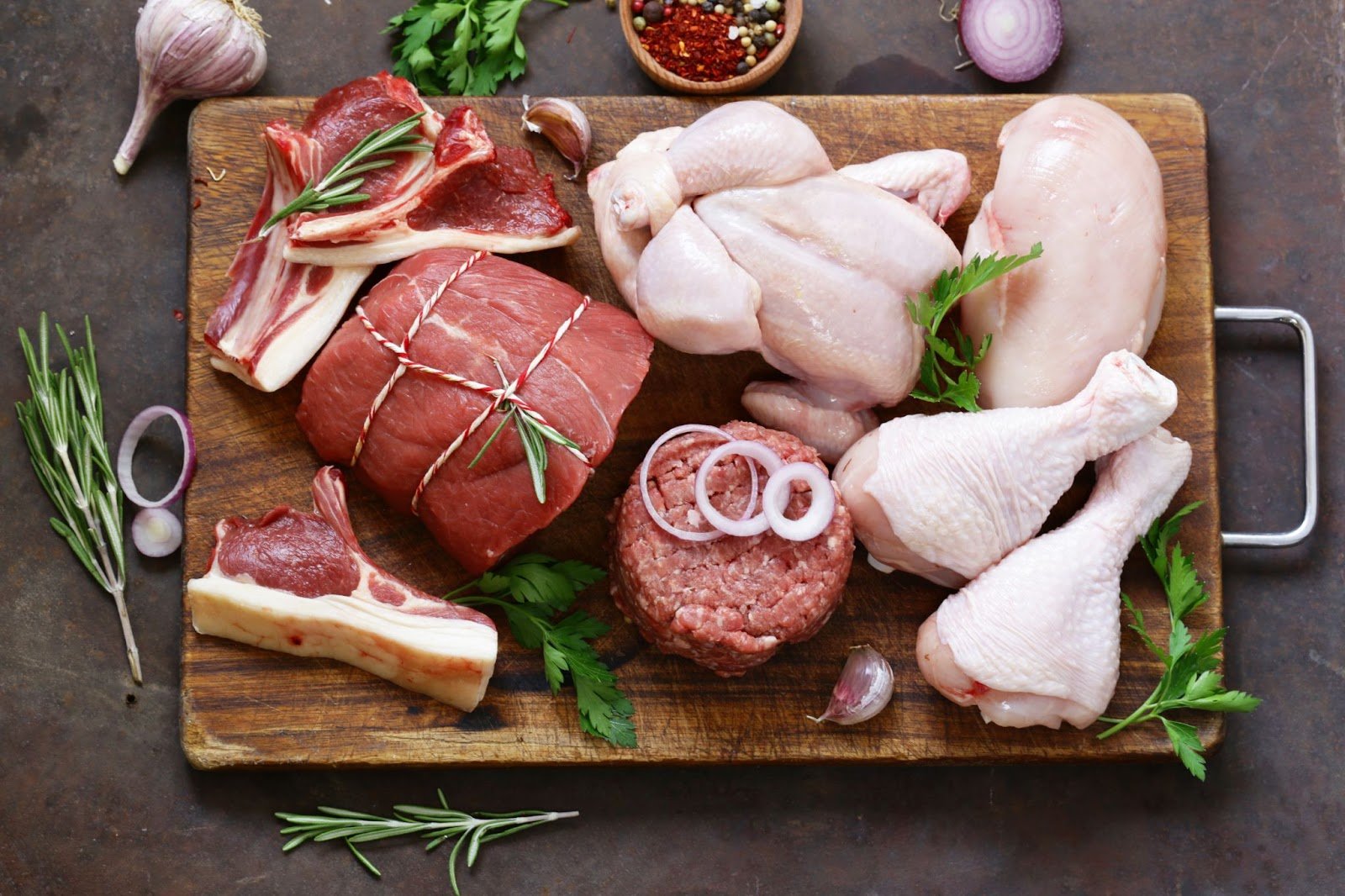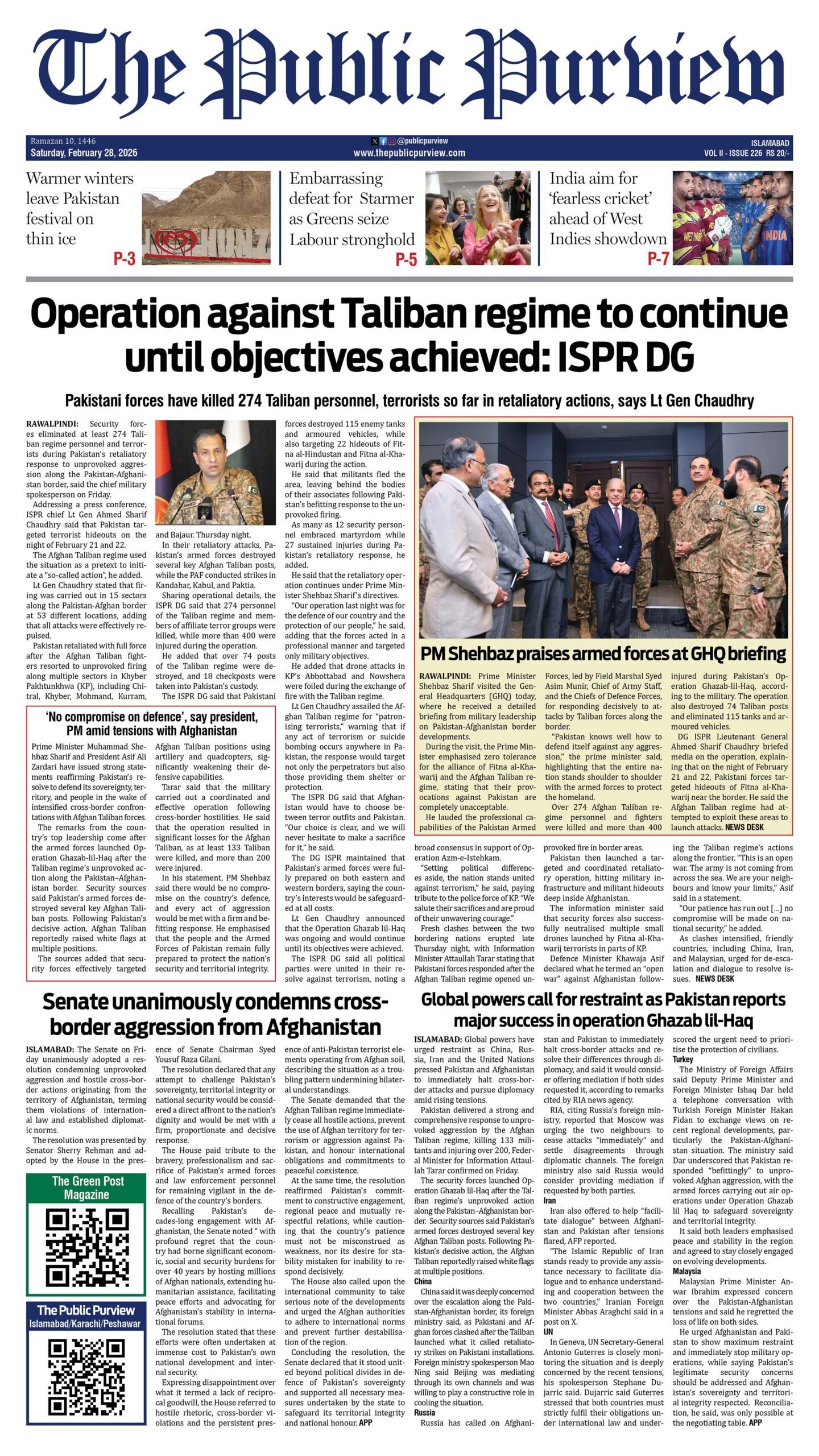Excessive Meat Consumption: Why Balance Is Essential
Excessive meat consumption has become a growing concern in recent decades, especially in countries like Pakistan. While meat is a rich source of protein and essential nutrients, overconsumption can lead to serious health risks. Historically, humans relied on vegetables as their staple diet, and many populations still thrive on plant-based nutrition.
Health Risks Linked to Excessive Meat Consumption
Although meat offers nutritional value, high meat intake contributes to heart disease, elevated cholesterol, and digestive problems. Vegetarians, by contrast, often enjoy better overall health. Vegetables are rich in fiber, antioxidants, and enzymes that help prevent disease—and they can be consumed freely without adverse effects.
Longevity and Plant-Based Diets: Lessons from Hunza and Japan
In northern Pakistan, the people of Hunza Valley live long, healthy lives on a vegetable-rich diet. Similarly, Japan’s population consumes minimal animal fat, which contributes to one of the lowest heart disease rates globally. These examples show how reducing meat-heavy diets can support long-term wellness.
Eid al-Adha and Temporary Spikes in Meat Consumption
During Eid al-Adha, meat-rich meals become the norm. Nutritionists recommend limiting daily intake to 100 grams and weekly consumption to no more than 500 grams. The World Health Organization advises red meat only twice a week. On Eid, up to 250 grams may be acceptable temporarily—but moderation is key.
Scientific Evidence on High Meat Intake and Disease
Research shows that excessive meat consumption increases the risk of colon cancer, constipation, and cardiovascular disease. In women, high meat intake has been linked to breast and uterine cancers. Vegetables, on the other hand, contain anti-cancer enzymes that offer protective benefits.
Cooking Methods That Reduce Meat-Related Health Risks
Diets high in fatty meats, dairy, and eggs contribute to elevated cholesterol. Choosing lean cuts and trimming visible fat before cooking helps. Avoid overcooking meat, which may raise the risk of pancreatic cancer. Dry cooking methods like grilling or baking preserve nutrients and reduce fat absorption.
Lifestyle Tips to Offset Meat-Heavy Diets
Modern diseases like diabetes, hypertension, and stress are closely tied to poor dietary habits. Fast food, processed snacks, and excessive meat consumption play a major role. Experts recommend a simple lifestyle: eat more fruits and vegetables, sleep early, and stay active. After meat-heavy meals, light movement aids digestion and prevents fatigue.
Final Thoughts: Reducing Excessive Meat Consumption for Better Health
Meat can be part of a healthy diet—but only in moderation. Prioritize vegetables, especially when preparing meat dishes. Add color, fiber, and nutrients to your plate. By embracing a balanced approach, you’ll protect your health and honor centuries of dietary wisdom.







 Today's E-Paper
Today's E-Paper